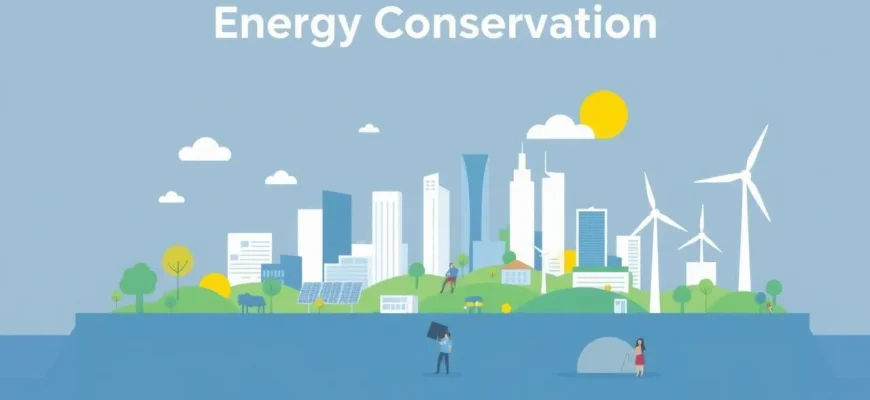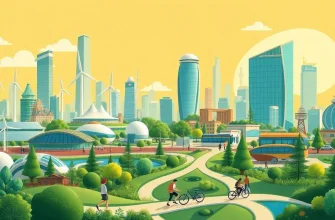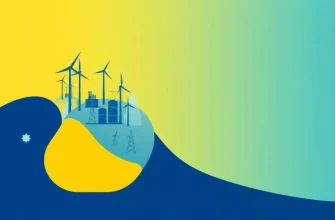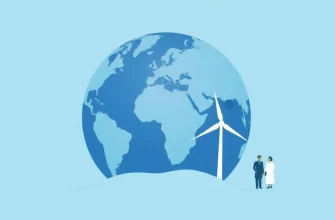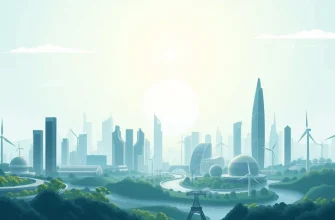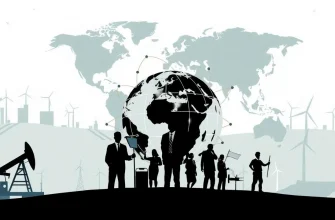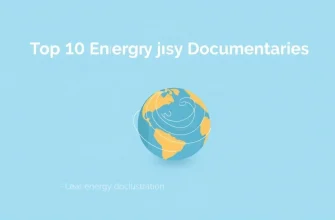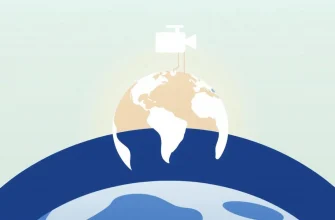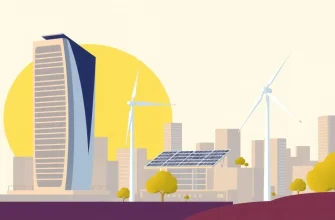In an era where environmental concerns are at the forefront of global discussions, understanding energy conservation has never been more crucial. This curated list of documentaries delves into the innovative, inspiring, and sometimes controversial world of energy efficiency. From exploring renewable energy sources to showcasing grassroots movements, these films offer a comprehensive look at how we can save energy, reduce our carbon footprint, and contribute to a sustainable future. Whether you're an environmental enthusiast or just curious about the topic, these documentaries will enlighten and motivate you to make a difference.

Who Killed the Electric Car? (2006)
Description: This film investigates the rise and fall of the electric car in the late 1990s, focusing on General Motors' EV1. It delves into the political, economic, and technological factors that led to the demise of this promising technology, offering insights into the challenges of promoting energy-efficient vehicles.
Fact: The documentary was nominated for an Academy Award for Best Documentary Feature. It also inspired a sequel, "Revenge of the Electric Car," released in
 Watch Now
Watch Now 
The 11th Hour (2007)
Description: Narrated by Leonardo DiCaprio, this documentary features over 50 scientists, activists, and thinkers discussing the current state of the environment, including energy conservation as a key solution to mitigate climate change.
Fact: The film was produced by DiCaprio himself, who has been an active environmental advocate. It was screened at the Cannes Film Festival.
 Watch Now
Watch Now 
An Inconvenient Truth (2006)
Description: Al Gore's presentation on global warming includes a significant focus on energy efficiency and the need for renewable energy. This film was pivotal in bringing climate change to the forefront of public consciousness.
Fact: It won two Academy Awards: Best Documentary Feature and Best Original Song. The film has been credited with influencing public policy and individual behavior regarding energy conservation.
 Watch Now
Watch Now 
Blue Gold: World Water Wars (2008)
Description: This film explores the global water crisis, highlighting the energy-intensive nature of water management and the need for conservation strategies to ensure sustainable water and energy use.
Fact: The documentary is based on the book "Blue Gold: The Fight to Stop the Corporate Theft of the World's Water" by Maude Barlow and Tony Clarke.
 Watch Now
Watch Now 
The Cove (2009)
Description: Although centered on the dolphin slaughter in Taiji, Japan, "The Cove" also touches on the energy-intensive practices of the fishing industry and the broader implications for marine ecosystems and energy conservation.
Fact: The film won the Academy Award for Best Documentary Feature. It has been both praised for its activism and criticized for its methods.
 Watch Now
Watch Now 
Planet Earth (2006)
Description: While not exclusively about energy conservation, this landmark series by the BBC showcases the beauty of our planet and the need to protect it, implicitly promoting energy efficiency as part of environmental stewardship.
Fact: It was the most expensive nature documentary series ever commissioned by the BBC at the time of its release. It has won numerous awards for its cinematography and educational value.
 Watch Now
Watch Now 
The Age of Stupid (2009)
Description: Set in a post-apocalyptic future, this film looks back at the early 21st century to understand why humanity failed to address climate change. It includes stories of individuals and organizations trying to make a difference in energy conservation and sustainability.
Fact: The film was crowdfunded, making it one of the first documentaries to use this method of financing. It features Pete Postlethwaite in his final film role.
 Watch Now
Watch Now 
Tapped (2009)
Description: While primarily focused on the bottled water industry, "Tapped" also touches on the energy consumption associated with water production and distribution. It's an eye-opener on how our everyday choices impact energy use and environmental health.
Fact: The film was directed by Stephanie Soechtig and Jason Lindsey. It has been praised for its investigative journalism and has sparked discussions on water conservation and energy efficiency.
 30 Days Free
30 Days Free 
Gasland (2010)
Description: Josh Fox's documentary examines the impact of hydraulic fracturing (fracking) on communities, water supplies, and the environment. While not directly about energy conservation, it highlights the need for alternative, less harmful energy sources.
Fact: "Gasland" was nominated for an Academy Award for Best Documentary Feature. It has been credited with raising public awareness about the environmental impacts of fracking.
 30 Days Free
30 Days Free 
The Power of Community: How Cuba Survived Peak Oil (2006)
Description: This documentary explores how Cuba managed to survive the economic crisis following the collapse of the Soviet Union by adopting sustainable agricultural practices and community-based energy solutions. It's a testament to human resilience and the potential for local, sustainable energy systems.
Fact: The film was produced by Faith Morgan, who also directed it. It has been screened at numerous film festivals and has inspired many communities worldwide to rethink their energy strategies.
 30 Days Free
30 Days Free 
